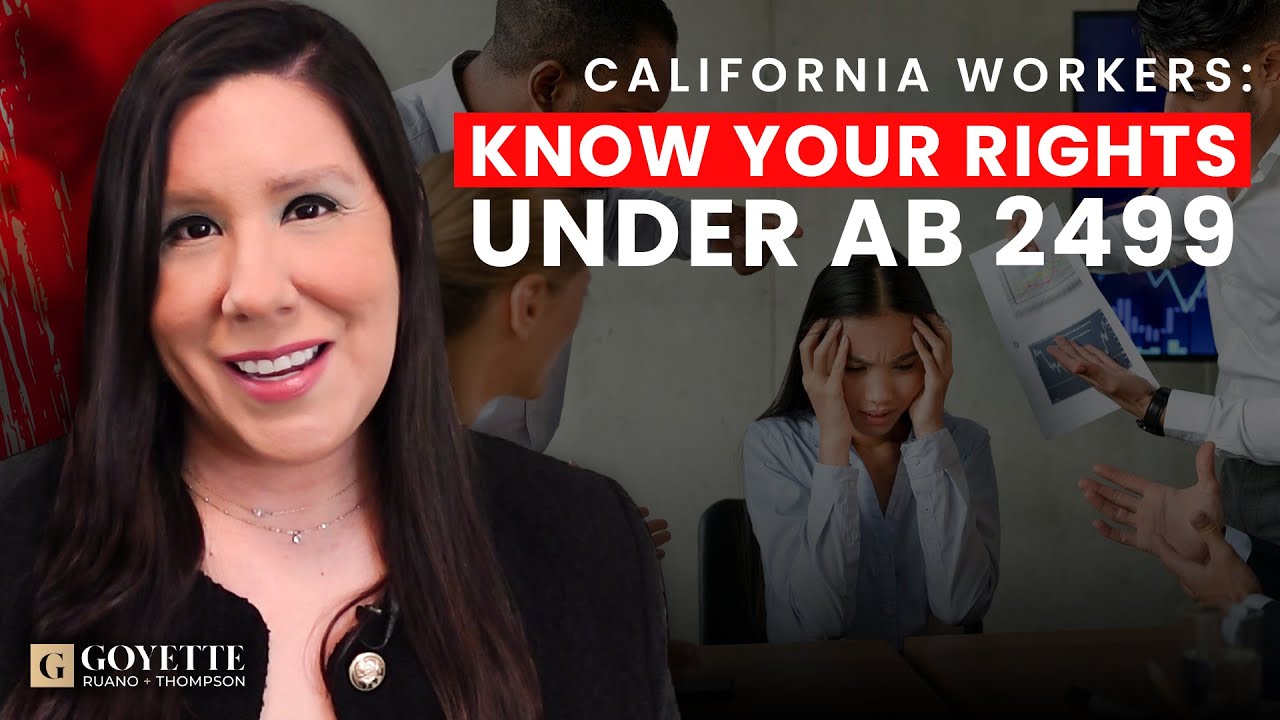News & Media
Insight and advice straight from our attorneys.
In the realm of personal injury law, few decisions weigh […]
When Injury Ends a First Responder's Career: What Most Lawyers Overlook—and Why It Matters When a police officer, firefighter, or corrections officer is injured on the job, the consequences can be devastating—and far more complex ...
The Power of Trial-Ready Representation: Personal Injury Insights from Paul Goyette & Mark Peacock At Goyette, Ruano & Thompson, we believe that serious injuries deserve serious legal strategies. In this compelling episode of our podcast ...
Understanding Personal Injury Cases with Attorney Mark Peacock At Goyette, Ruano & Thompson, we are committed to providing valuable legal insights to help individuals navigate complex legal issues. In this special discussion, attorney Paul Goyette ...
For decades, millions of public sector retirees—including firefighters, police officers, teachers, and emergency medical workers—have been shortchanged by unfair Social Security laws. But thanks to the Social Security Fairness Act, those outdated penalties are now ...
Your hard work has resulted in significant wealth, and you want to ensure that this legacy benefits your loved ones and supports causes you care about. However, without a comprehensive estate plan, your assets could ...
You’ve worked hard your entire life to build financial security for your family. You own a home, have savings, and maybe even a business. You assume your loved ones will be taken care of when ...
California law protects employees who are victims of crime or abuse, ensuring they do not face discrimination or retaliation for seeking justice, medical care, or workplace accommodations. With the passage of AB 2499, these protections ...
Estate Planning After a Wildfire | Secure Your Family’s Future Natural disasters like wildfires can turn lives upside down in an instant, leaving families to navigate not just physical and emotional recovery but also complex ...
We at Goyette, Ruano +Thompson are thrilled to celebrate the launch of MetaPoll by our esteemed client, MotherDAO Labs! This innovative tool is set to revolutionize the way communities and DAOs make decisions, marking a ...










